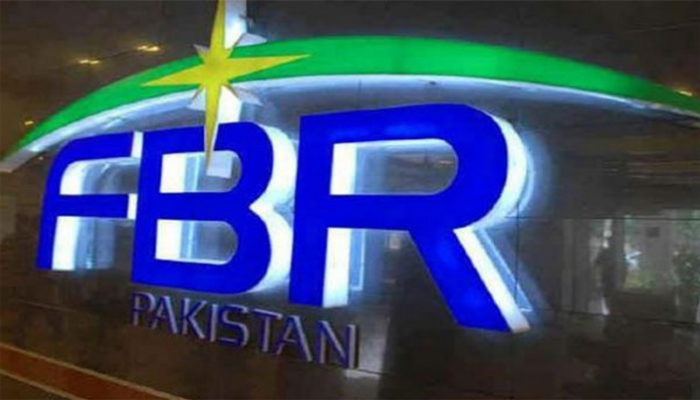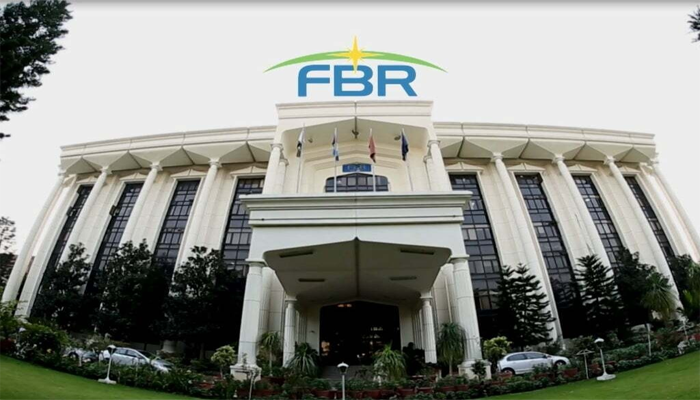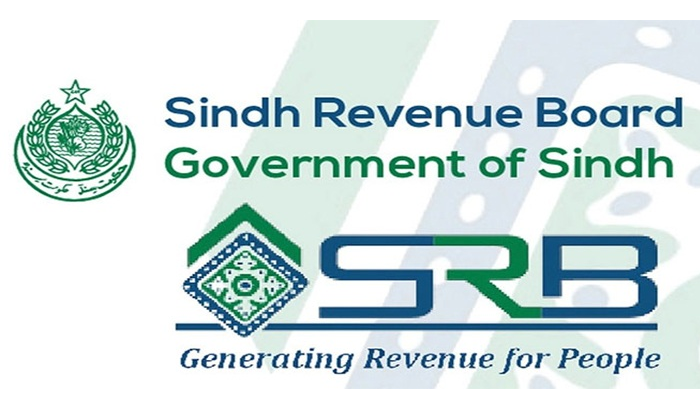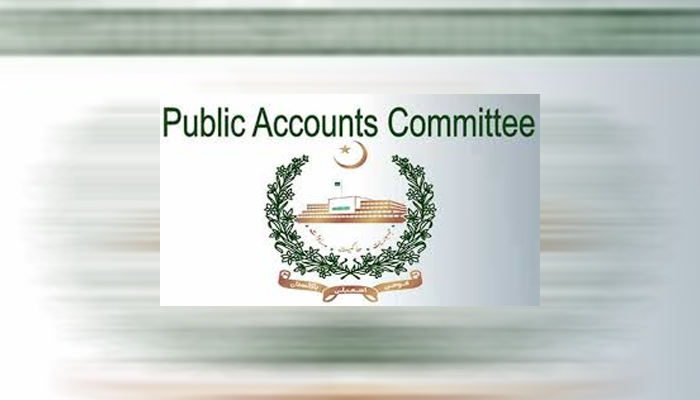Islamabad: The federal government is actively considering a reduction in the corporate tax rate and other tax relief measures in the upcoming budget for the fiscal year 2025-26 (FY26), aiming to stimulate economic activity and create employment across Pakistan.
Officials say the move has been made possible due to recent fiscal breathing space—thanks to a significant drop in global oil prices and a sharp decline in the policy interest rate, which has been cut by 10 percentage points since June 2024. The State Bank of Pakistan's (SBP) key interest rate now stands at 12%, substantially lowering the government’s debt servicing burden.
Speaking at the Karachi Chamber of Commerce and Industry (KCCI) on Saturday, Special Assistant to the Prime Minister (SAPM) on Industries and Production, Haroon Akhtar Khan, emphasized the importance of rationalizing corporate tax rates. “Prime Minister Shehbaz Sharif made a tremendous move in utilizing the decline in international oil prices and convincing the IMF to reduce power tariffs. I’ve requested him to use further savings to bring down both electricity prices and the corporate tax rate,” said Khan.
Since FY21, Pakistan’s base corporate tax rate has stood at 29%, but the effective rate climbed to 39% for companies earning over Rs150 million annually due to the imposition of a Super Tax. The banking sector faced even steeper taxation, with Super Tax rates reaching 14% in 2025 and potentially falling to 13% in 2026–27.
Khan also voiced his support for abolishing the Super Tax altogether, a measure that has been widely criticized by the business community for hampering investment and expansion. “I’ve clarified my stance—we should remove the Super Tax entirely rather than continuing it into the next budget,” he reiterated while addressing the Pakistan Business Council (PBC).
He also revealed that the government is considering targeted tax relief for industries, especially exporters, through adjustments under the Export Finance Scheme (EFS).
While Pakistan remains in an IMF program, which limits some fiscal maneuverability, Khan believes there is still room for reform. “Everything is not dictated by donor agencies,” he said, adding that the country’s bureaucracy and red tape are more to blame for business hurdles.
Highlighting regulatory issues, Khan criticized the excessive certification requirements for setting up a new business. “There are nearly 350 certifications needed. Investors have to go from pillar to post for approvals—even from provincial departments. This must change.”
Khan also disclosed that the government is working on finalizing a comprehensive industrial policy. “Half the job is already done. It’s the number one priority given to me by the Prime Minister.”
With the budget for FY26 expected to be tabled in June, stakeholders in the business community remain hopeful that the upcoming reforms will provide much-needed relief and confidence to Pakistan’s struggling industrial sector.









